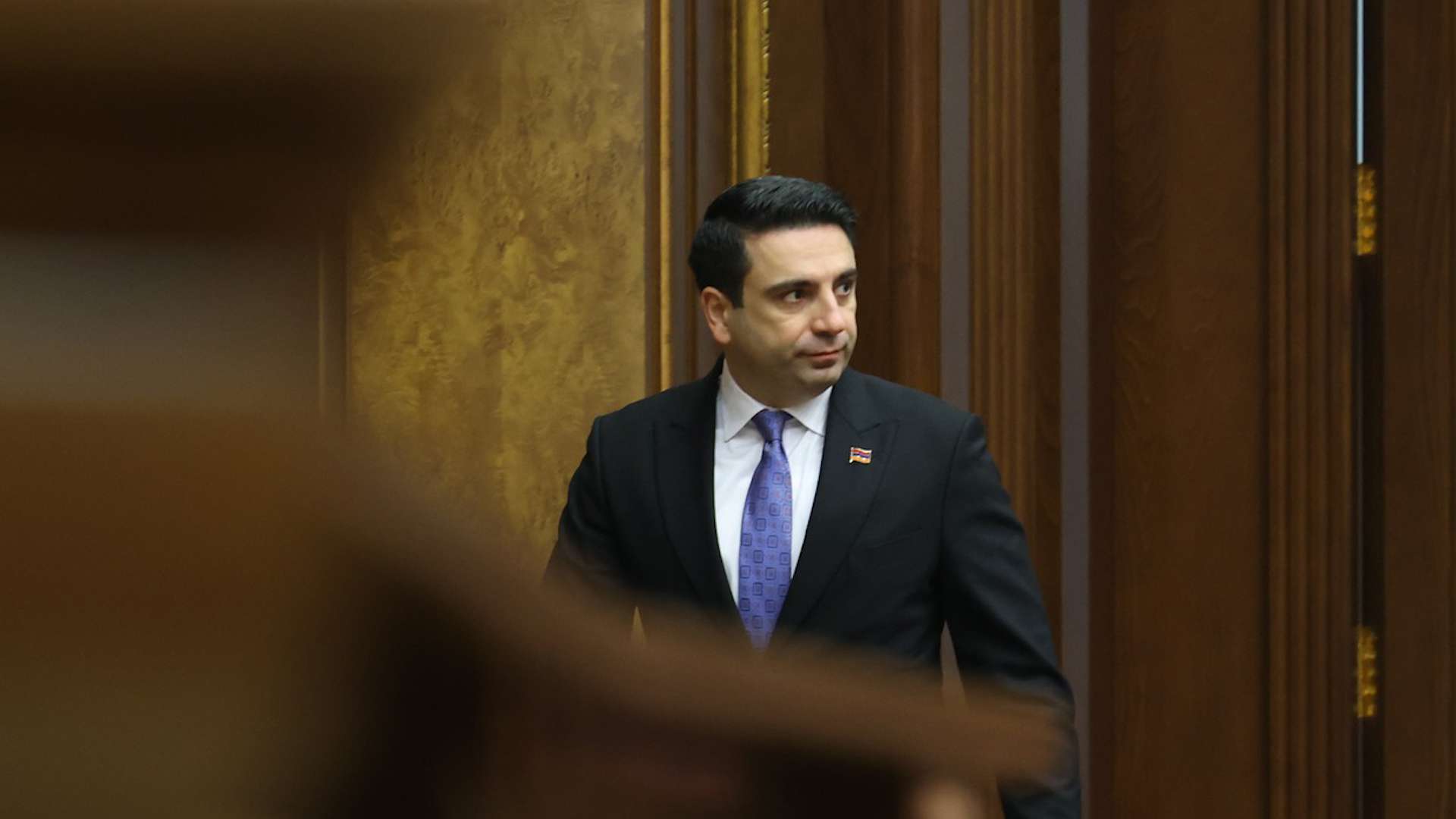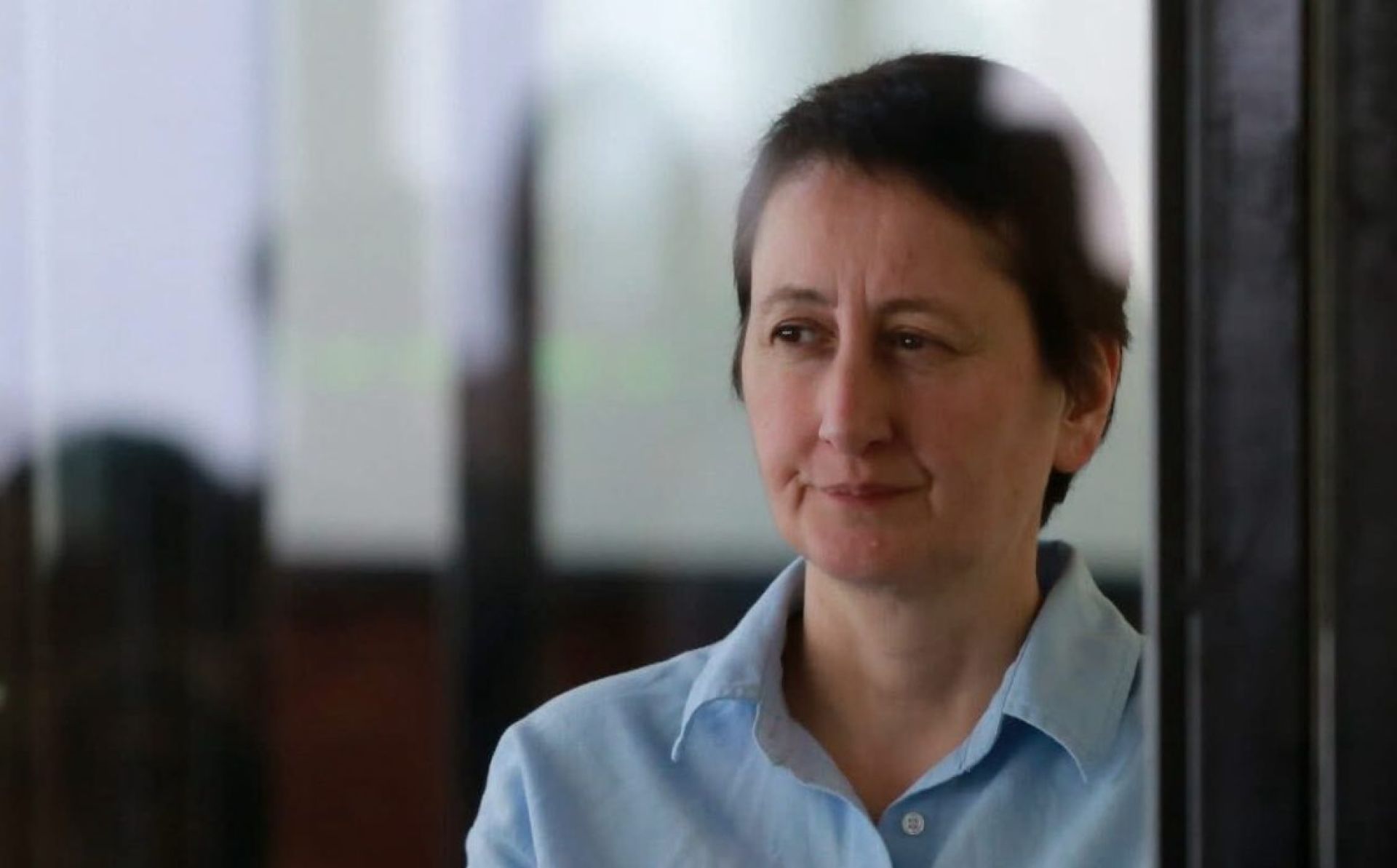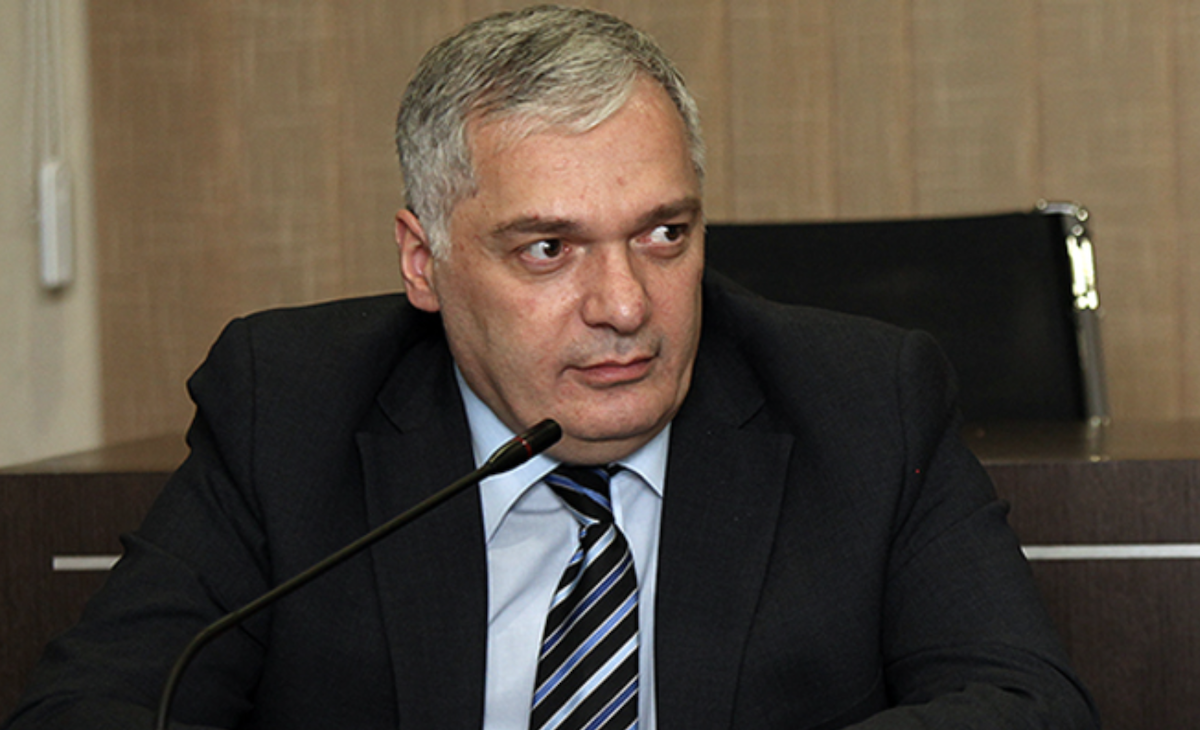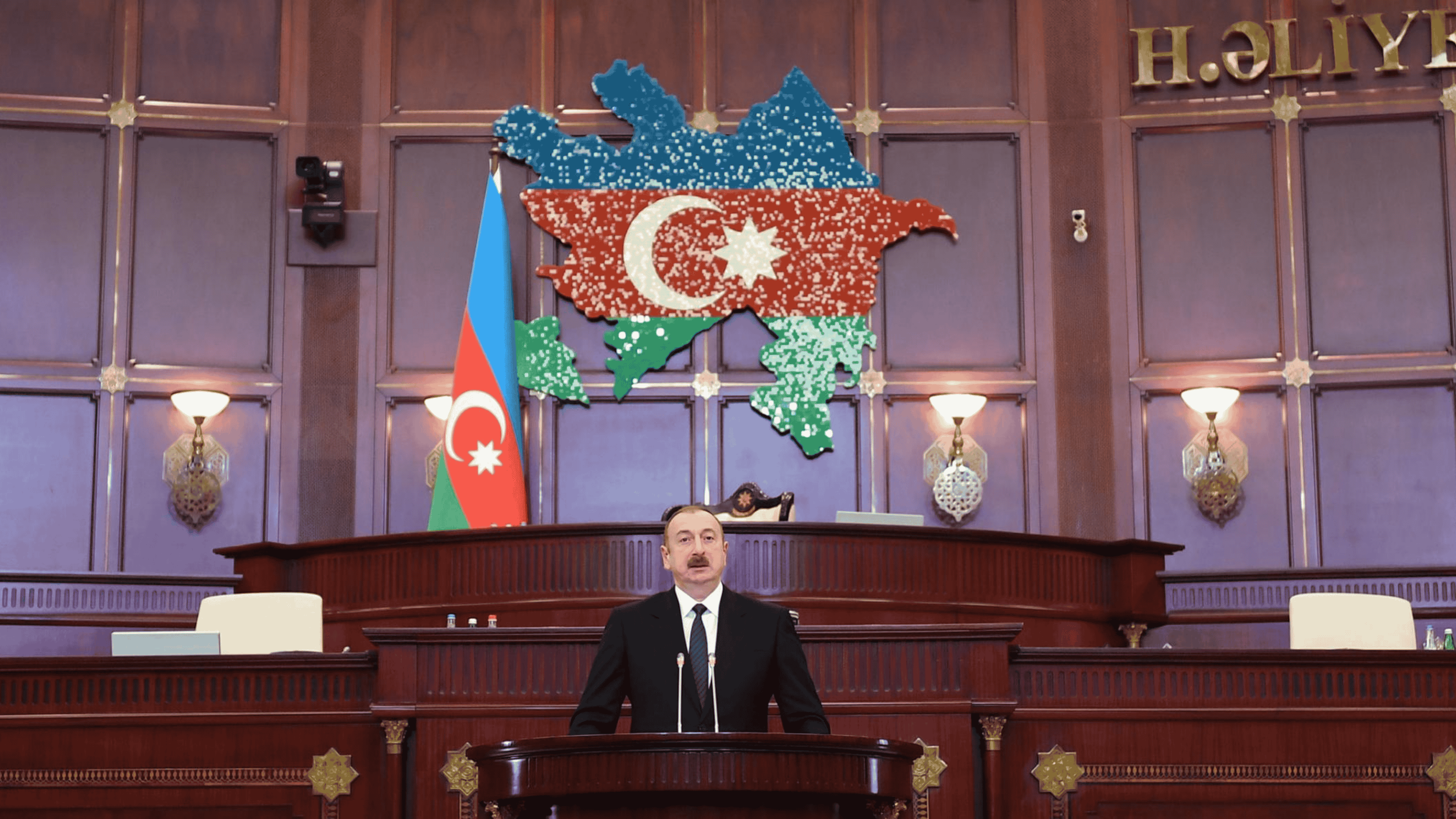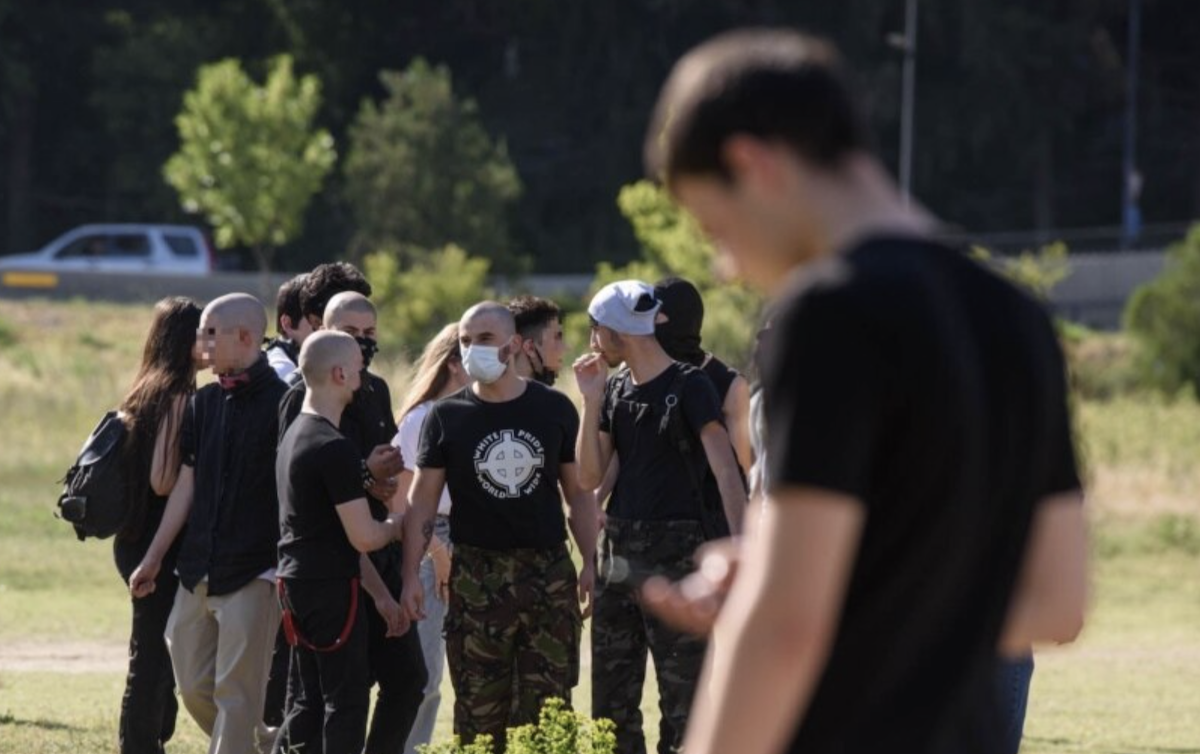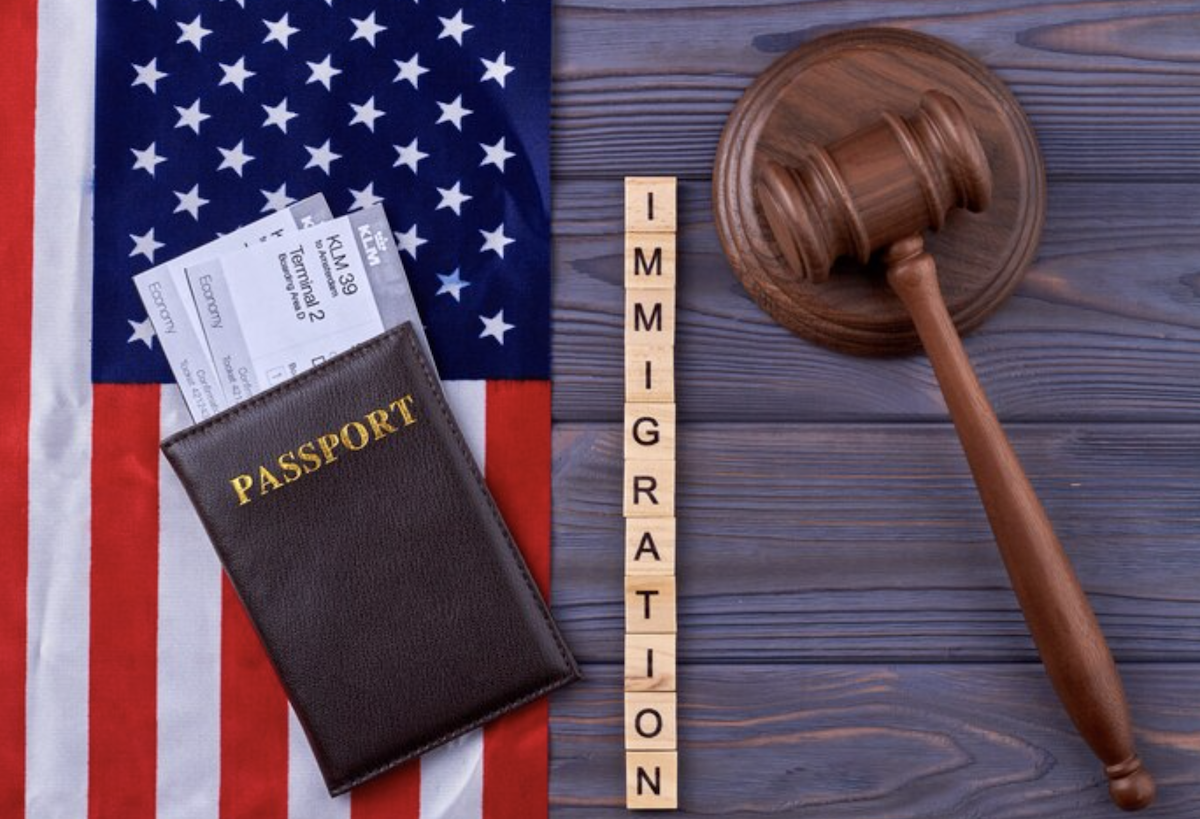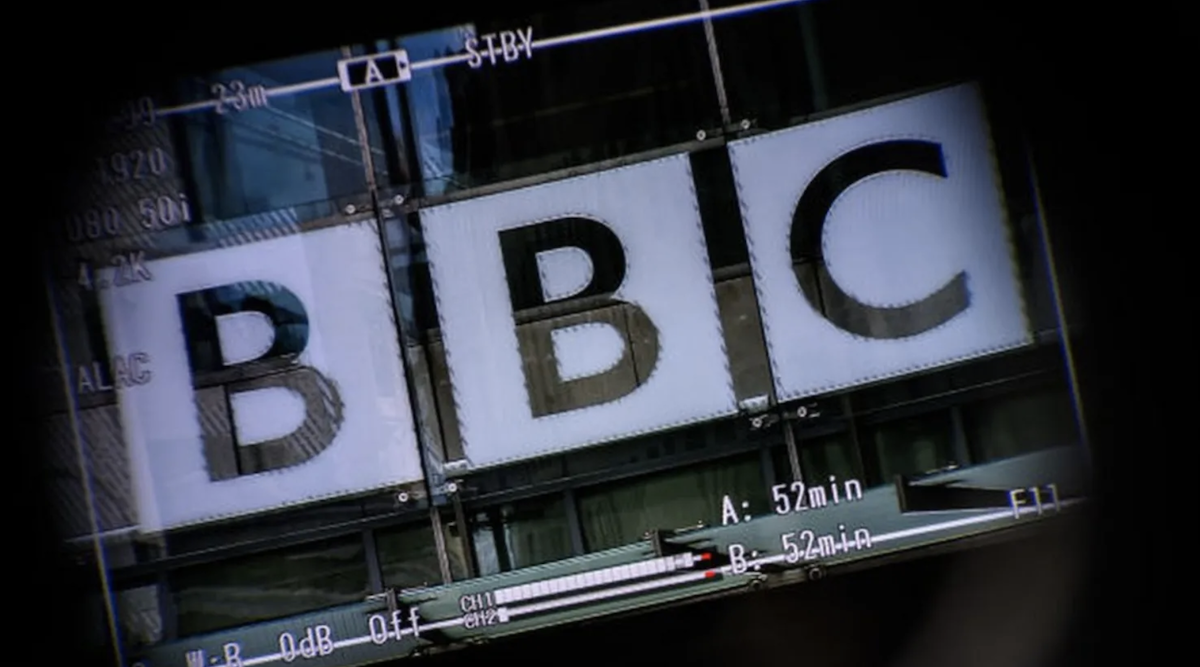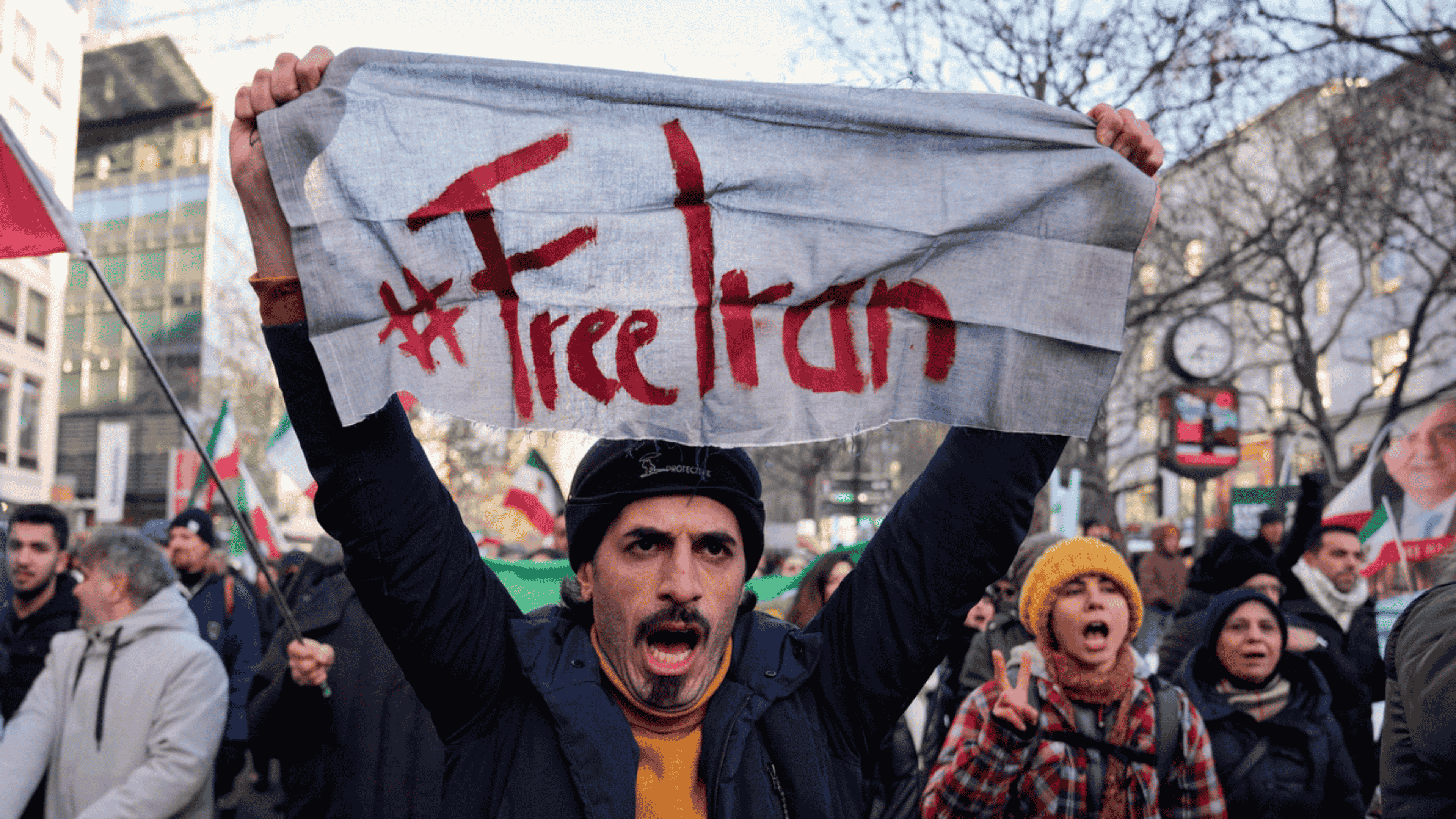Economic ties between Georgia and Russia are growing, but Georgia will not participate in 3 + 3 format
Georgia will not participate in the “3 + 3” format
Georgia officially refused to participate in the regional 3 + 3 format, which would have entailed its economic partnership with Azerbaijan, Armenia, Turkey, Iran and Russia.
“Tbilisi will not consider the possibility of participating in any formats that include Russia until it ends the occupation of the regions of Abkhazia and the Tskhinvali and recognizes the territorial integrity of Georgia”, the country’s Foreign Ministry has repeatedly stated.
The final refusal was announced during an online meeting on November 24 between representatives of the ministries of foreign affairs and transport of Georgia and Russia.
However, according to official reports, during the same meeting, they discussed trade, economic, transport, property, and humanitarian relations between the two countries.
The idea of the 3 + 3 format “aimed at establishing peace in the region” was put forward by Turkish President Recep Tayyip Erdogan after the second Karabakh war in the fall of 2020. From the very beginning, Georgia announced that it would not participate in this project. However, the Turkish President spoke about this initiative again in June 2021 during a visit to Azerbaijan.
“Not only Azerbaijan, but all countries of the region, including Armenia, as well as the whole world, will benefit if peace and tranquility are achieved in the Caucasus”, Erdogan said.
According to a press release of the Georgian government, during the meeting, the special representative of the Prime Minister of Georgia, Zurab Abashidze, focused on the difficult situation in Abkhazia and the Tskhinvali region.
“The Russian side was interested in the attitude of the Georgian side to the so-called new mechanism of regional consultations (3 + 3) and specific measures envisaged in this context. Zurab Abashidze stressed that the Georgian side will not consider the possibility of participating in the initiative”, the government said in a statement.
The report also says that in January-October 2021, there was a positive trend in trade relations between the two countries compared to the same period last year. The trade turnover increased by 21.9% and reached $1.294 billion. In particular, the export of Georgian products increased by 37.2% and amounted to $481.82 million. At the same time, imports increased by 14.3% and amounted to $812.18 million. Freight traffic also increased:
“It was noted that the current repair and infrastructure work in the territories adjacent to the Kazbegi-Lars border crossing and access roads should not reduce the volume of traffic and freight traffic, which requires coordinated action by both parties.
The main focus of the negotiations was on the 2011 agreement between the government of Georgia and the government of the Russian Federation on basic principles related to customs administration and trade monitoring mechanisms. The parties expressed their readiness to assist the work of the expert working groups and the implementation of the agreement”.
According to the government administration, the date of the next meeting in the Prague format will be specified later.
- “Not with Russia” – Georgian Foreign Ministry against Turkey’s idea of creating 3+3 regional format
- Normalization of Armenian-Turkish relations: prospects and risks
• After the August 2008 war, direct dialogue between Georgia and Russia ceased. In accordance with the ceasefire agreement of August 12, 2008, it was decided to create the format of the Geneva talks, where Russia and Georgia, together with representatives of Sukhumi and Tskhinvali, as well as representatives of international organizations, would discuss various humanitarian issues.
• Before the Abashidze-Karasin format of Georgian-Russian talks was created after the current ruling Georgian Dream party came to power, Geneva was the only place where Tbilisi and Moscow talked.
• The Geneva talks are held four rounds a year.
• The Geneva format does not address the political aspects of the conflict -the status of Abkhazia and South Ossetia and other political issues are not discussed here.
• Geneva international negotiations are taking place in two parallel working groups.
• The first group discusses security issues (for example, reaching an agreement on the non-use of force between Russia and Georgia, creating international security mechanisms in the occupied regions of Georgia);
• The second group discusses the situation and the return of internally displaced persons. This group also deals with important humanitarian issues related to people living in the occupied territories (for example, education in the native language, protection of cultural heritage, free movement of people across the lines of occupation, the health of people living in the occupied territories, criminal cases, human rights, etc).
• In addition to Georgia and Russia, the Geneva talks are attended by US representatives and co-chairs from the OSCE, EU and UN. Representatives of Tskhinvali and Sukhumi also participate in the discussions.










